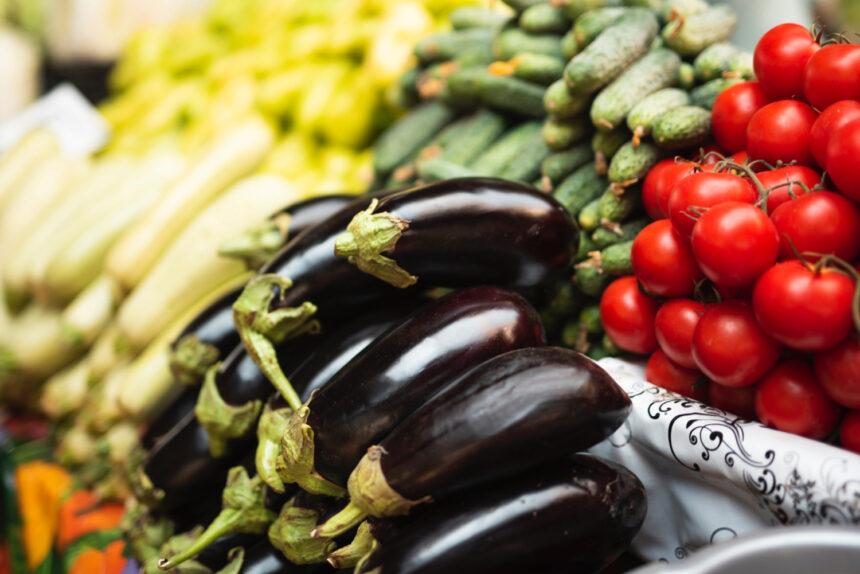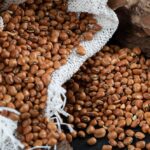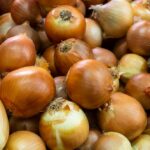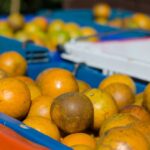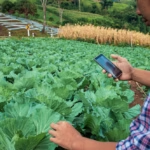The landscape of agricultural exports from South Africa to the European Union (EU) and United Kingdom (UK) is underpinned by a complex framework of regulations, agreements, and requirements. The Department of Agriculture, Land Reform, and Rural Development plays a pivotal role in navigating this landscape, ensuring South African producers maintain access to these critical markets. Here are 20 crucial points to understand about the AgriBEE requirements and the broader export context:
- Economic Partnership Agreements (EPA): In June 2016, South Africa, along with other Southern African Development Community (SADC) members, signed an EPA with the EU, and post-BREXIT, a separate EPA with the UK, facilitating preferential access.
- Duty-Free and Partially Free Access: Approximately 96.2% of South African agricultural exports to these regions enjoy duty-free status, while 2.5% benefit from partially free access under Tariff Rate Quotas (TRQ).
- Key Products Under TRQ: Products like wine, juice, dairy, and sugar have specified quotas under which they receive partially free access.
- Annual Publication of Requirements: The department publishes procedural requirements for the export permit system annually, guiding exporters on compliance.
- Comprehensive Compliance Needs: Exporters must adhere to sanitary and phytosanitary standards, rules of origin, and other bilateral agreement stipulations.
- BBBEE Status Consideration: The Broad-Based Black Economic Empowerment (BBBEE) status of applicants is a significant factor, among others, in the permit allocation process.
- No New Requirements: The current requirements, including considerations of BBBEE status, mirror those of previous years, indicating consistency in the application process.
- Scope of the Notices: The requirements specifically apply to products listed in Table 1 of the notices, excluding fresh fruit but covering other key exports to the EU and UK under TRQ.
- Review and Improvement: The effectiveness and impact of these trade agreements are under review, with intentions to extend and enhance them.
- Misrepresentation in Media: There have been misrepresentations in weekend newspapers about the export procedure and permit applications, necessitating clarification from the department.
- Call for Accurate Information: The department urges stakeholders to seek correct information directly from them, especially given the sensitive nature of ongoing discussions.
- Commitment to Access: There is a strong commitment from the department to ensure all farmers, regardless of size, enjoy access to these vital international markets.
- Exempted Micro Enterprises: Entities with a turnover of less than R10 million fall under Exempted Micro Enterprises, requiring only an affidavit for their BBBEE level 4 status.
- Application of Quota Allocations: The allocation of quotas takes into account market share, the total available quota, the number of applicants, and the BBBEE status.
- Sensitivity of Discussions: Ongoing discussions about trade agreements are sensitive, with potential impacts on the sector’s prospects, emphasizing the need for accurate representation.
- Appeal Against Misinformation: The department appeals to political parties and stakeholders to avoid spreading incorrect information that could harm the sector.
- Ensuring a Level Playing Field: The procedural requirements aim to create a fair and equitable system for all exporters, promoting inclusivity and competitiveness.
- Importance of Compliance: Compliance with all outlined requirements is crucial for maintaining market access and avoiding potential penalties or loss of privileges.
- Support for Exporters: The department provides guidance and support to exporters, ensuring they understand and can meet the necessary requirements.
- Future Outlook: With the review of trade agreements, there is optimism for improved access and conditions for South African agricultural exports to the EU and UK, benefiting the sector at large.
Understanding these facets of South Africa’s agricultural export requirements to the EU and UK is essential for stakeholders in the agricultural sector, ensuring informed decision-making and strategic alignment with national and international standards.

